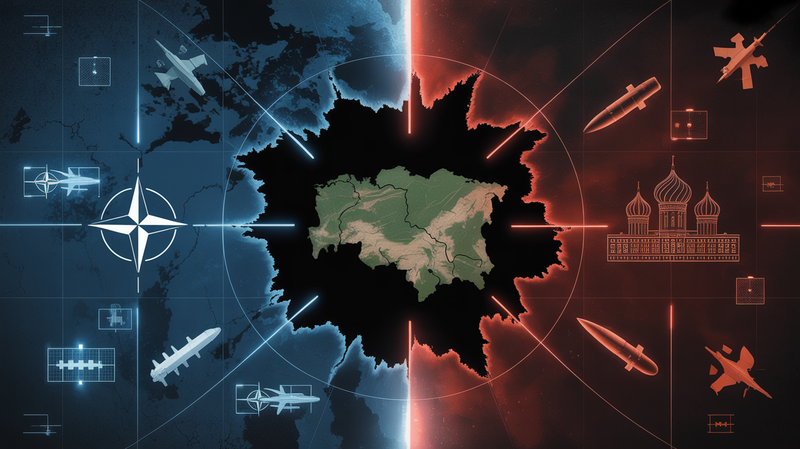The Police State Has Arrived
A video circulating on TikTok shows a police patrol, accompanied by rapid response officers, arriving at a farm in Iisaku. The officers aggressively take down the farmer, push away his wife, and twist the arms of their teenage children. Eventually, they resort to using gas and batons, forcefully bringing down

A video circulating on TikTok shows a police patrol, accompanied by rapid response officers, arriving at a farm in Iisaku. The officers aggressively take down the farmer, push away his wife, and twist the arms of their teenage children. Eventually, they resort to using gas and batons, forcefully bringing down the initially peaceful man. However, the attempt backfires as the group of police clinging to the victim tumble into a water-filled ditch. The farmer's alleged crime is his refusal to accept the working methods used for the renovation of a high-voltage line on his land by Elering, which disrupts his life. Elering could have tried to negotiate with the man, but instead, they involve the police, who eagerly rush to show the troublemaker his place.
What makes the clip particularly disturbing is the officers' assault on the family in their own yard without attempting to communicate or listen to them, using force against relatively peaceful citizens as if it were a given. Our police seem to act carelessly when dealing with their own citizens. In the case of refugees, the arm-twisting and gassing seen in the video wouldn't even be considered, for fear of an international scandal.
What really causes concern about this video is the apparent unprofessionalism of the police. First, their inability to dialogue, and then the clumsy use of force. Are our police officers not taught even basic techniques for safely apprehending resistors? The officers in the video struggle like schoolboys testing their strength during a break. Is this the level of Estonian police and rapid responders?
Since the incident has attracted media attention, an internal investigation will likely follow. However, there is no doubt that any abuse of power will go unrecognized, and instead, the patrol's actions will probably be justified, especially since the provoked landowner eventually fights back.
The reluctance to resolve issues without the use of force, as seen in the video, reflects the current general mentality in the country. The farmer from Iisaku is just one example of how state structures enjoy their position of power. Negotiations with the common people are not an option. Whether it's the concerned residents of Nursipalu or locals upset about the closure of small rural schools, state officials and politicians force them into silence by ridiculing their concerns. The prime minister sets the example by mocking teachers' demands for higher wages instead of listening to them.
The Estonian state resembles the stern-faced policemen captured in the TikTok video, who grab a gas canister and direct it at the face of a citizen daring to protest. The police state has arrived at our doorstep.
Vsevolod Jürgenson




